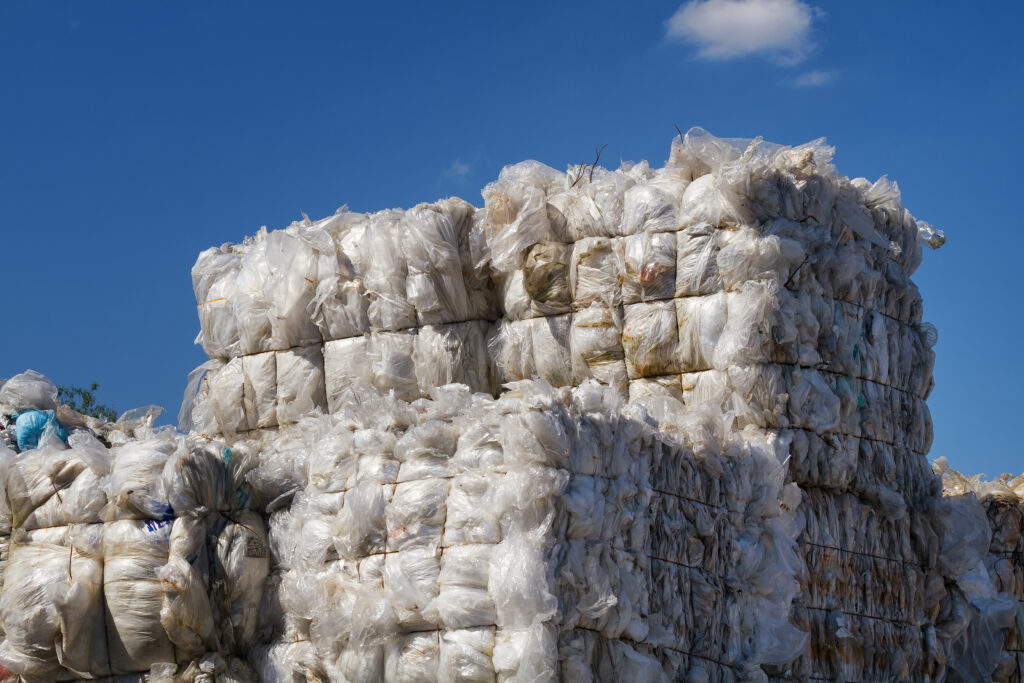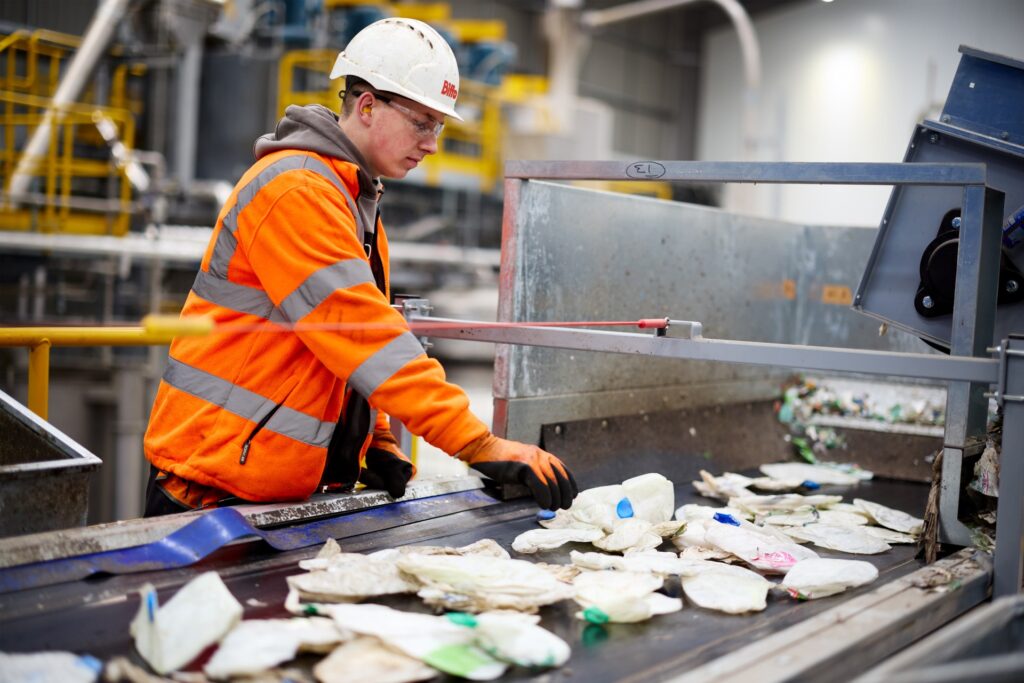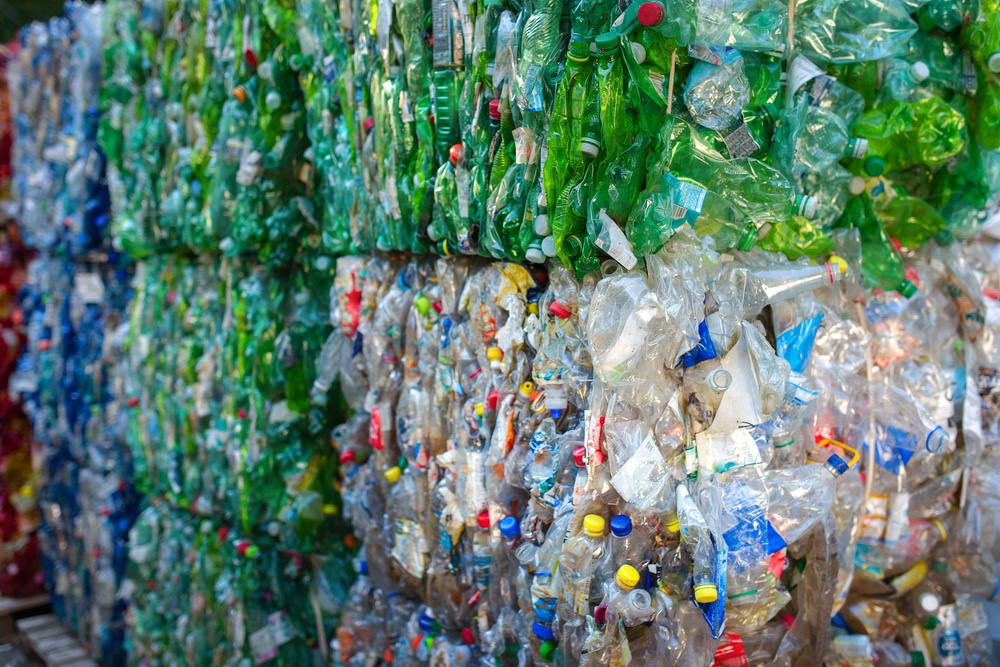The association said that while it supported the principle of the tax, the absence of a robust verification system for recycled content has left UK manufacturers at a competitive disadvantage and could be a driving factor behind the recent plastic plant closures.
PPT leaves widening price gap
Introduced in April 2022, the PPT applies to plastic packaging manufactured in or imported into the UK that contains less than 30% recycled content, at a current rate of £223.69 per tonne.
Although it was designed to create an economic incentive for recycled plastic use, according to RECOUP, the tax is “not having the desired impact”.
At the centre of the problem identified by the association is a lack of effective mechanisms to check recycled content claims, particularly for packaging imported from overseas.
This gap allows virgin plastic to be fraudulently declared as recycled, meaning some products avoid the tax despite containing little or no recycled materials.
As a result, UK recyclers face a “widening price gap” against imports.
The upcoming exclusion of pre-consumer waste from the tax, due to take effect in April 2027, also poses new challenges, warned RECOUP, including making it “incredibly difficult” for recyclers to meet the 30% target in flexible packaging.
Verification system has become ‘essential’
To address these risks, the research sets out a package of measures, including a guide for a verification framework for recycled content – suggesting that either a single HMRC-recognised scheme or a unified set of requirements for all certification providers be put in place.
Alongside this, RECOUP has called for:
- A gradual increase in the PPT rate
- A modulated approach to raising recycled content thresholds
- Reinvestment of tax revenues into domestic recycling capacity
- Regulatory support
Without urgent action, Recoup warned the UK risks losing skilled jobs, recycling capacity and long-term resilience in packaging manufacturing, while HMRC continues to miss out on significant tax revenue.
Since the tax’s introduction, several UK recycling facilities have closed, a trend RECOUP says is partly fuelled by the issues with the PPT.
Viridor confirmed earlier this summer that it would close its Rochester plastics recycling facility, following on from the shutdown of its Avonmouth site in December 2024.
Biffa also closed its Sunderland plastics recycling plant in July 2025, which had an annual processing capacity of 39,000 tonnes.
Most recently, Vanden Recycling announced that it will be closing its plastics processing site in Whittlesey, Peterborough, in October 2025.The report concluded: “Urgent improvements in enforcement and verification are essential to unlocking the tax’s full environmental and economic potential and safeguarding the future of the UK’s recycling and packaging manufacturing sectors.”









Subscribe for free